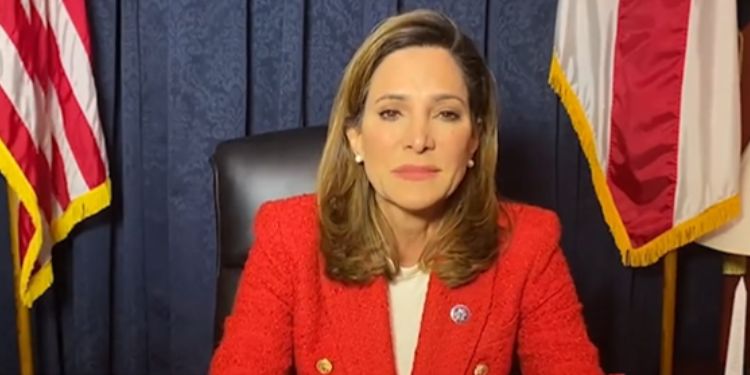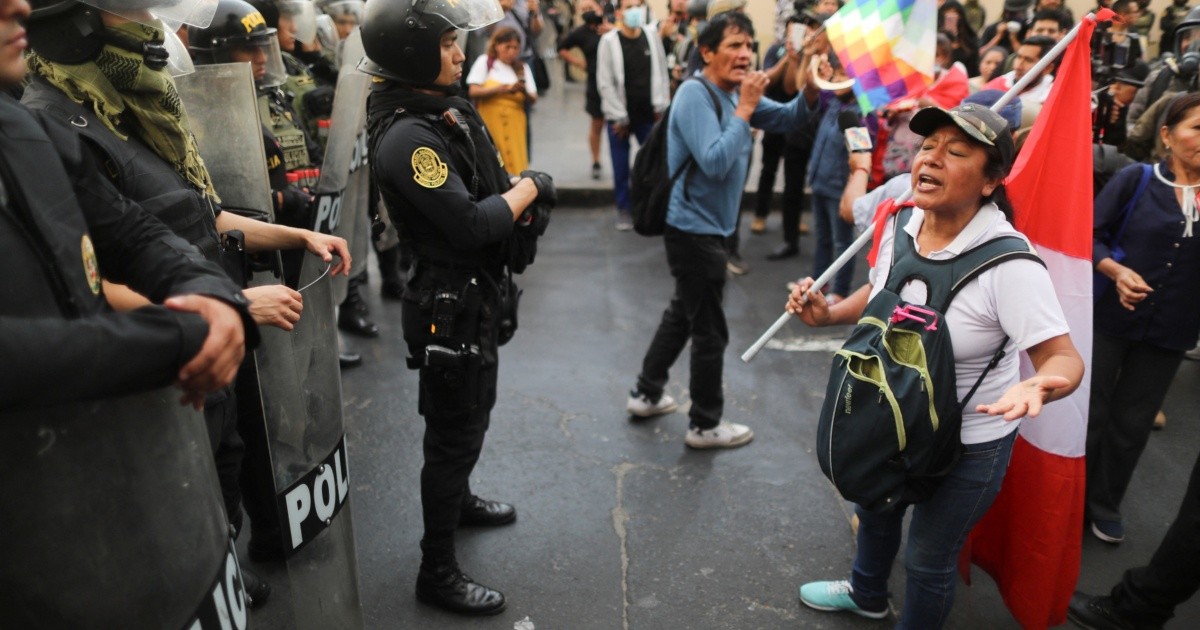MIAMI, United States. – After meeting with US Immigration officials, Cuban-American Congresswoman Maria Elvira Salazar (Republican, Florida 27th District) said this week that the Cuban Adjustment Act was “dying.”
“There is no type of structure, there is no type of order, there is no consistent system to treat Cubans who enter through the southern border and I can categorically say this after spending an hour and a half meeting with officials from all departments that have to do with the entry of Cubans through the border,” said the congresswoman in a video posted by Cuban DNA.
For Salazar, the migrants from the island, who are arriving by the thousands at the southern border of the United States, depend on what the Border Patrol official who attends them decides.
“What I can say is that the Cuban Adjustment Act is dying at the moment and the officials of the Biden administration who are in charge of immigration are doing everything possible so that the Cuban does not gain access to that Act,” he lamented.
The congresswoman explained that currently, when Cubans arrive at the border, and if they are allowed to enter the United States, they receive a parole of only 60 days.
“In previous years they gave them one or two years to take advantage of the Adjustment Act. After those two months have passed, they can call Immigration again and give them a visa, which is an invention, the 220-A or 220-B, which always leads them to return to the authorities to see what they do with that Cuban. which creates a lot of confusion,” he explained.
Salazar insisted that the Cuban Adjustment Act “is dying” and “they are making it very difficult for Cubans to reach it.”
The United States Congress passed the Cuban Adjustment Act on November 2, 1966. The rule applies to any native or citizen of Cuba who has been inspected and admitted or released on US soil after November 1. January 1959 and has remained in the American Union for at least one year.
In its original version, the Law allowed Cubans to become permanent residents if they had been present in the United States for a minimum of two years. In 1976, amendments to the Immigration and Nationality Act cut that time in half.
Thanks to the Cuban Adjustment Act, citizens of the largest of the Antilles are not required to show a reason for residence based on family or employment, access the American Union through a legal port of entry or demonstrate that, once admitted, they will not be a public charge; requirements to which almost all immigrants are subject.
Receive information from CubaNet on your cell phone through WhatsApp. Send us a message with the word “CUBA” on the phone +525545038831, You can also subscribe to our electronic newsletter by giving click here.





